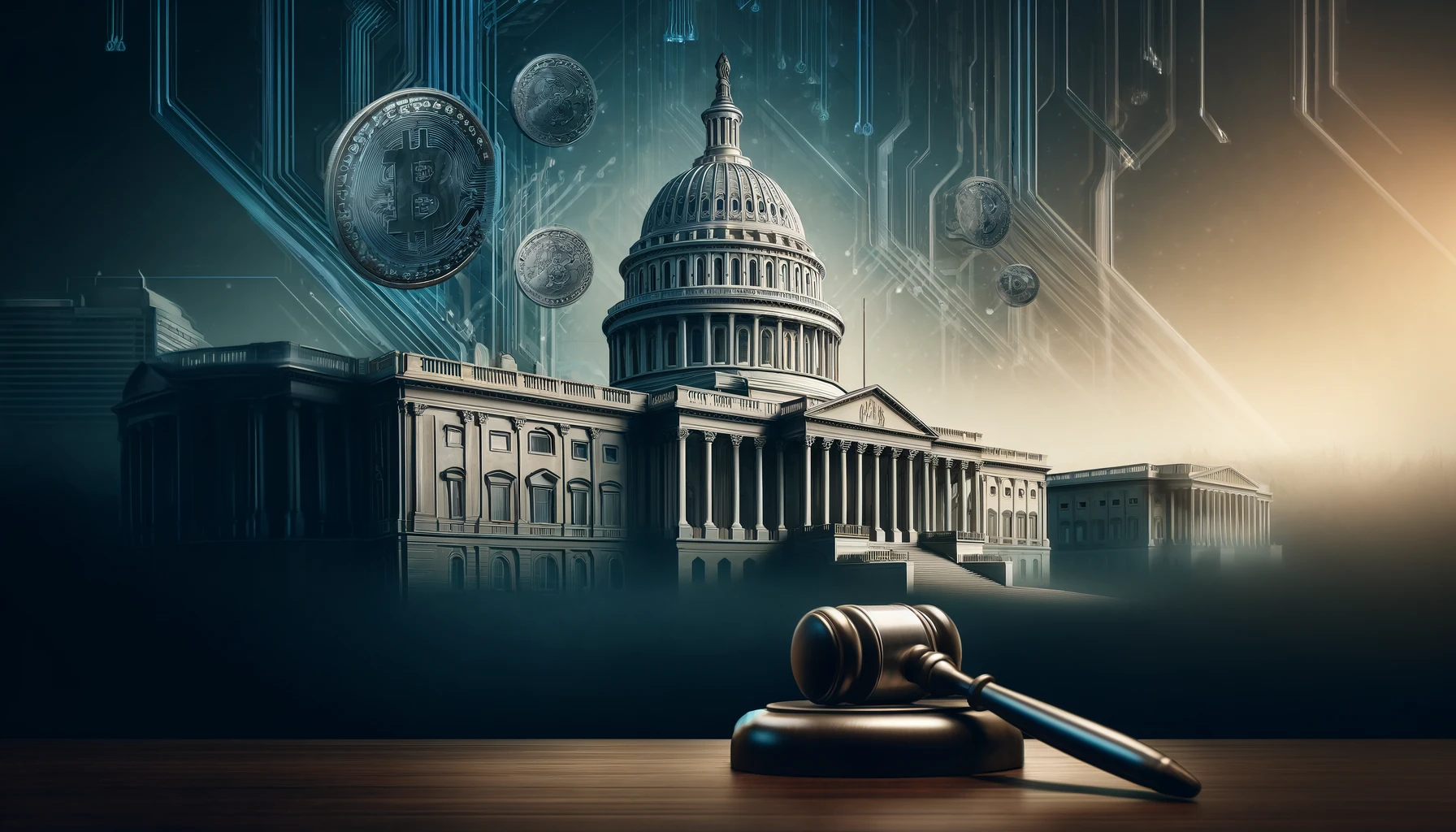The United States House of Representatives is about to vote on a piece of legislation – the Financial Innovation and Technology for the 21st Century Act (FIT21). The legislation could have significant ramifications for the blockchain industry.
Also Read: Lummis and Gillibrand Draft New Stablecoin Regulation Bill
The legislation aims to simplify the complex and often biased regulatory framework governing digital assets in the country, potentially setting a new standard for the crypto industry. In particular, FIT21 will establish a clearer division of regulatory responsibilities between the Securities and Exchange Commission (SEC) and the Commodity Futures Trading Commission (CFTC).
Framework to Separate Crypto Securities From Commodities
The essence of this bill largely depends on whether digital assets are classified as securities or commodities. The classification is important because it directly affects how cryptocurrencies are regulated. Under FIT21, if a digital asset operates on a blockchain that is both functional and decentralized, it would fall under the CFTC’s purview as a commodity.
Conversely, if the blockchain is functional but not decentralized, the SEC would regulate the digital asset as a security. However, the bill has set a high bar for what constitutes decentralization.
“The bill classifies a blockchain as decentralized if, among other requirements, no person has unilateral authority to control the blockchain or its usage, and no issuer or affiliated person has control of 20% or more of the digital asset or the voting power of the digital asset.”
— FIT21
The bill stated that this definition is essential to prevent the centralization of power within the industry, which has been a point of concern for quite some time.
Not Everyone Supports FIT21

Despite its potential benefits, FIT21 has not been without controversy. Some industry insiders argue that the decentralization criteria are too tight, potentially granting the SEC excessive power over the industry. They suspect it could lead to trouble and stifle blockchain innovation.
Still, some see the bill as a necessary step towards providing much-needed regulatory clarity for the crypto industry. By clarifying the roles of the SEC and CFTC, FIT21 helps remove the confusion that has plagued crypto regulations in the United States.
Also Read: Mark Cuban Criticizes SEC’s Handling of Crypto Regulation
Moreover, FIT21 introduces strict consumer protection measures. These include the segregation of customer funds, mandated lock-up periods for token insiders to curb speculative practices, limitations on annual sales volumes, and comprehensive disclosure requirements.
The Bill Is a Game-Changer
The legislation is the result of collaborative efforts by the House Committee on Financial Services and the House Committee on Agriculture, reflecting inputs from various stakeholders within the crypto industry. It has gotten bipartisan support, highlighting its perceived importance and potential impact on the US economy and the global standing of the US dollar.
With the House vote coming, the passage of FIT21 would significantly influence the future of cryptocurrencies. Advocates of the bill urge the public to support this legislation, emphasizing its role in helping the US economy and enhancing consumer protections. The next steps would involve Senate approval and a presidential signature for it to become law.
Cryptopolitan reporting by Jai Hamid





